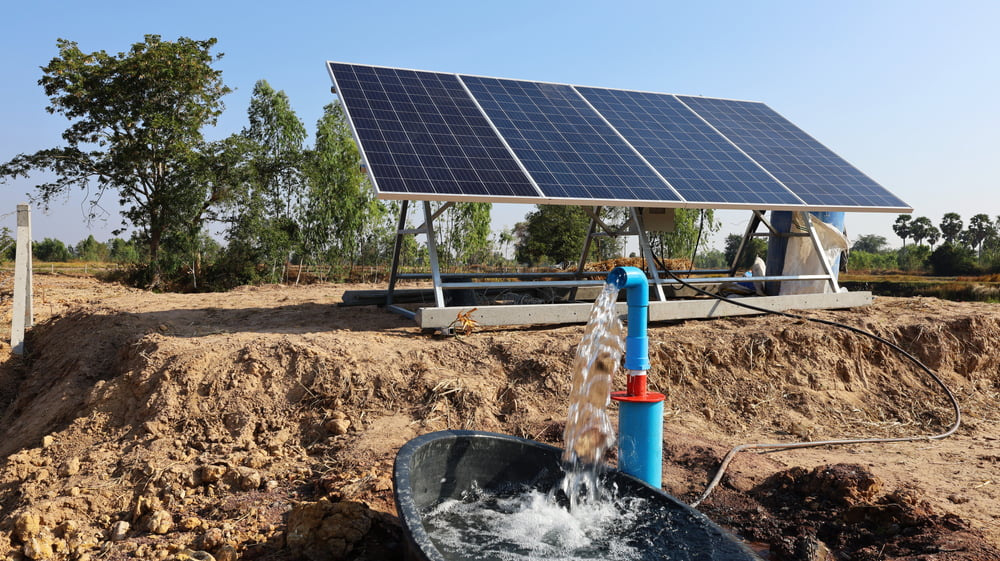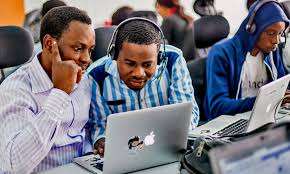The Future of Education: Online vs. Offline
Education is no longer limited by walls, chalkboards, or set schedules. In a world increasingly connected by the internet and shaped by global disruptions like the pandemic, the line between online and offline learning is blurring fast.
But what does that mean for students, teachers, and the future of how we learn?
The Rise of Online Learning
The last few years have seen a dramatic shift in how education is delivered. Online learning—once a niche supplement—has become a mainstream solution.
Platforms like Coursera, Khan Academy, and edX have shown that quality education can be accessible from a phone or laptop. From coding bootcamps to virtual science labs, learning today is more flexible, customizable, and global than ever before.
Key Advantages:
-
Flexibility: Learn at your own pace, from anywhere.
-
Accessibility: Opens doors for people in remote or underserved areas.
-
Scalability: One instructor can teach thousands, even millions.
-
Cost-efficiency: Lower infrastructure costs can mean more affordable tuition.
The Enduring Power of In-Person Learning
Still, there are things technology hasn’t quite replaced. Traditional classrooms foster human interaction, discipline, collaboration, and spontaneous discussion in a way that screens can’t fully replicate.
Offline learning continues to be essential for:
-
Early education, where hands-on interaction is critical
-
Lab-based subjects, like chemistry or biology
-
Social development, especially for young learners
-
Structured learning environments, which benefit certain learning styles
For many, school is more than just academics—it’s a social anchor, a safe space, and a place of routine.
The Hybrid Model: Best of Both Worlds?
Many schools and universities are now adopting hybrid models—mixing online lectures with in-person sessions. This offers a blend of flexibility and structure, often leading to better outcomes.
Imagine a medical student learning theory through interactive videos during the week, then practicing in a real lab on weekends. Or a rural student attending virtual classes from a top university without ever leaving home.
This is the direction education is heading: not one or the other, but both.
Challenges Still to Overcome
Despite the progress, online learning isn't a silver bullet. Major challenges remain:
-
Digital divide: Millions of students still lack reliable internet or devices.
-
Attention and engagement: Screen fatigue and distractions are real.
-
Assessment integrity: Cheating and plagiarism are easier to commit and harder to track.
-
Teacher readiness: Not all educators are trained for digital instruction.
Offline institutions face their own hurdles too—rising costs, outdated curricula, and limited innovation in some regions.
A Look Ahead
By 2025 and beyond, education will likely be a deeply personalized, tech-integrated experience. AI tutors, VR classrooms, blockchain credentials, and adaptive learning systems will complement—but not replace—the human connection at the heart of teaching.
The real question isn’t whether online or offline is better. It’s how we blend them to make education more equitable, effective, and future-ready.









